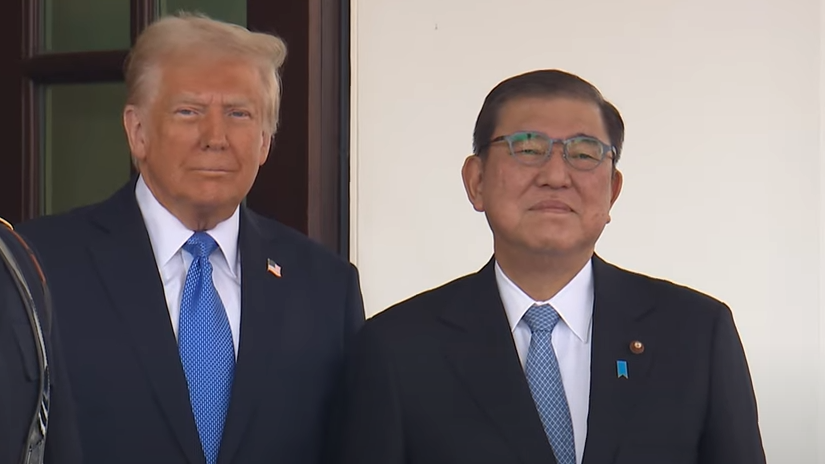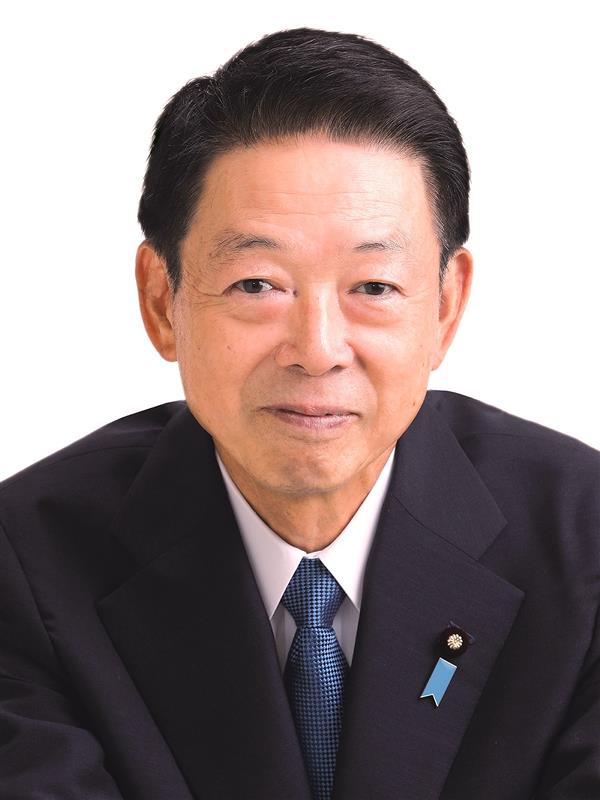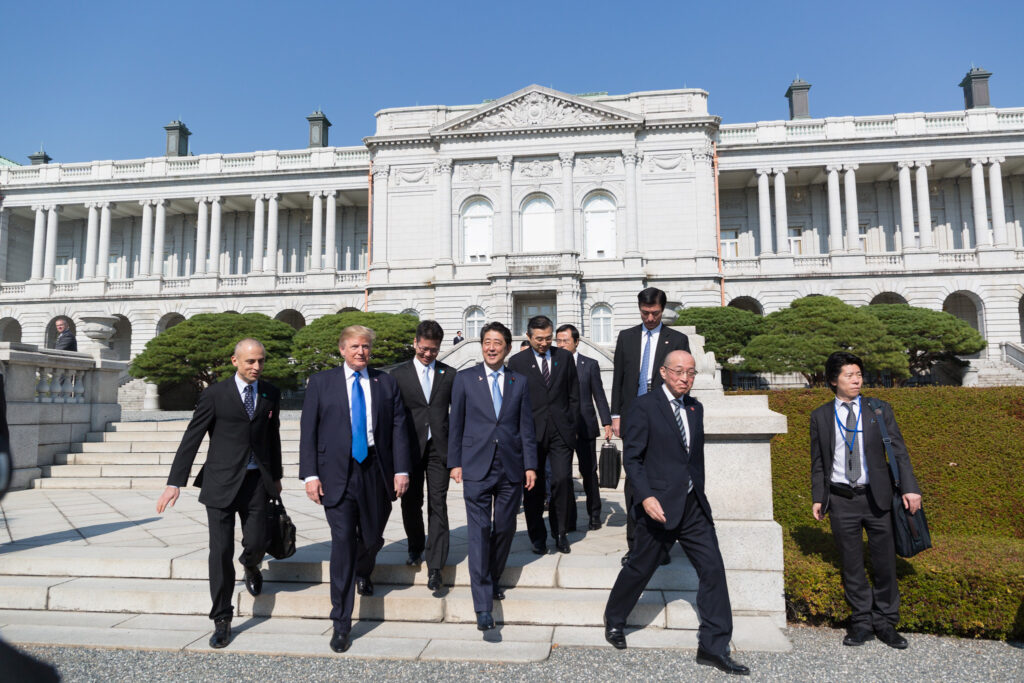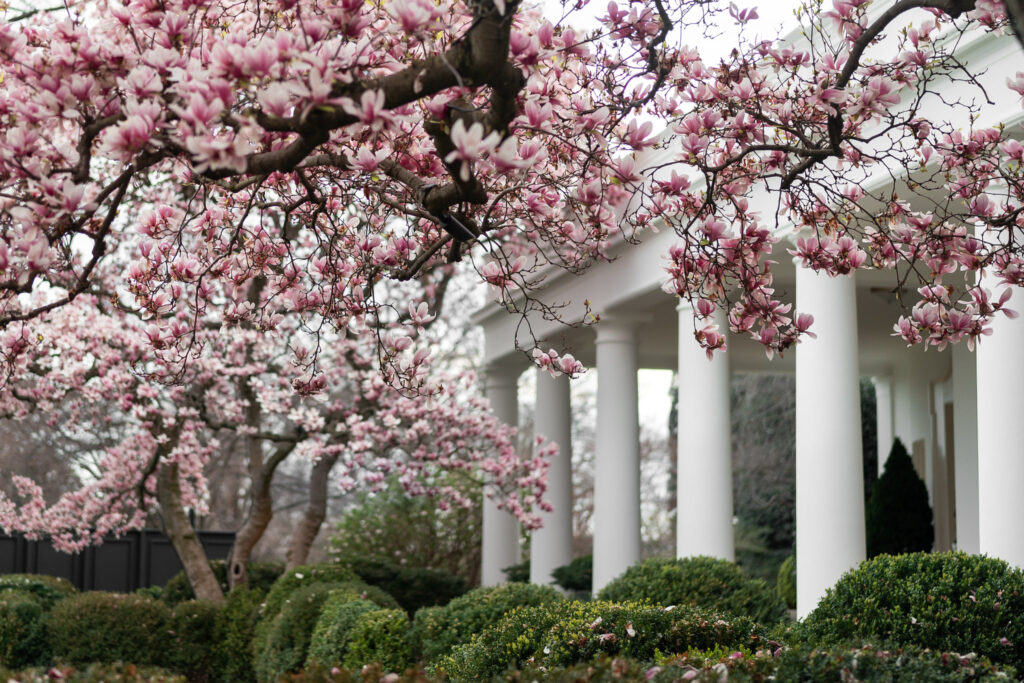Japan vows ‘speedy’ response to Trump tariffs

Japan has reacted with shock at the announcement of a 24% tariff on imports of Japanese goods to the U.S.
The Japanese government is currently deliberating a response, characterized as “speedy” but yet to be definitively determined, following the unexpected announcement by the United States that included Japan on a list of nations targeted with newly imposed tariffs.
Trade Minister Yoji Muto addressed the government’s reaction to these newly announced tariffs, stating: “This necessitates a careful, yet bold and speedy approach. Therefore, I believe it is essential that we make a calm and rational judgment on this matter.”

Minister Muto further elaborated that retaliatory measures are within the scope of consideration, but that the government must proceed with caution to determine the optimal course of action.
“The prime minister has instructed us to consider all possible responses while weighing the interests of both Japan and the United States. This includes assessing whether retaliatory measures would be an appropriate course of action,” he said.

Prime Minister Shigeru Ishiba conveyed on Thursday afternoon his willingness to engage directly with U.S. President Donald Trump regarding the tariffs.
“While Cabinet ministers and officials will carefully build upon our efforts, if it is deemed appropriate for me to directly engage with President Trump, I have no hesitation in doing so at the most suitable time and in the most appropriate manner,” he stated.
Prime Minister Ishiba also indicated that short-term domestic policy measures are being implemented in response to the new U.S. auto tariffs, set at 25%, which took effect on Thursday.
These measures include the establishment of consultation desks to address tariff-related inquiries, the dispatch of senior officials to regions with concentrated auto industry presence and to local factories to address their concerns, and the enhancement of access to public loans and government subsidies for companies within the sector.
During an event held at the Rose Garden of the White House in Washington on Wednesday, President Trump announced a new round of tariffs, applicable to nearly all countries worldwide, with a minimum rate of 10% for most imported products into the U.S., and rates reaching as high as 50%.

The U.S. president justified these tariffs as reciprocal measures in response to high duties and non-tariff barriers erected against American products.
The announcement elicited widespread shock globally, particularly regarding the comprehensiveness of the targeted list, which included even inhabited islands, and the chosen tariff levels. Several jurisdictions, including China and the European Union, have pledged retaliatory actions.
The 24% duty rate imposed on Japanese products significantly exceeded market expectations. “This is the worst among the scenarios that had been imagined,” wrote Takahide Kiuchi, executive economist at Nomura Research Institute, in a Thursday report following the news.
Kiuchi’s estimates suggest that Japan’s gross domestic product is likely to be reduced by 0.59% within a one-year period solely due to the 24% reciprocal tariffs.
Other nations affected by the U.S. tariffs include the EU with 20% duties, China with 34%, Vietnam with 46%, South Korea with 25%, Taiwan with 32%, and Thailand with 36%. President Trump remarked at the Wednesday event, “In many cases, the friend is worse than the foe in terms of trade.”
The U.S. president reiterated the claim that Japan imposes a 700% tariff on rice imported from the U.S., a statement that was promptly refuted by Japan. Agriculture Minister Taku Eto stated on Thursday, “Even with a logical calculation, such a figure does not emerge. It is incomprehensible.”
The newly announced tariffs will not apply to vehicles and auto parts already subject to a 25% tariff, which the U.S. began collecting on Thursday.
Other products, including copper, pharmaceuticals, semiconductors, lumber articles, certain critical minerals, and energy products, are exempt from the additional tariffs, according to the executive order signed by President Trump on Wednesday.
Japan’s benchmark Nikkei 225 stock index experienced a decline on Thursday morning following President Trump’s announcement, and concluded the day down 2.77%.
The yen strengthened by more than 1% during the day, as investors sought a safe haven amidst the market turmoil, briefly entering ¥146-to-the-dollar territory.
Chief Cabinet Secretary Yoshimasa Hayashi expressed concerns at a Thursday news conference, stating, “We have serious concerns about the consistency of these measures with the (World Trade Organization) agreements and the Japan-U.S. Trade Agreement. These measures, along with other broad trade restrictions imposed by the U.S. government, could significantly impact Japan-U.S. economic relations, as well as the global economy and the multilateral trading system as a whole.”
The trade ministry established a task force to provide support to companies affected by the tariffs and to assess the impact of the measures, which held its first meeting on Thursday afternoon.
Yoshihiko Noda, leader of the opposition Constitutional Democratic Party of Japan, criticized the prime minister and called for a bipartisan parliamentary resolution demanding tougher negotiations with Washington.
Further dissent came from Yuichiro Tamaki, leader of the Democratic Party for the People, remarked, “The Prime Minister is saying ‘The U.S. is raising tariffs, it’s going to be tough,’ but then he’s doing nothing about it.”
With a response to the tariffs yet to be decided, Prime Minister Shigeru Ishiba will likely seek to decide on a response that can be seen to be tough from a domestic perspective, without being so strong that it further angers U.S. President Donald Trump, who has been quick to escalate situations in his first months as the 47th President of the United States when they do not transpire to his liking.
Images: The White House
No tags for this post.